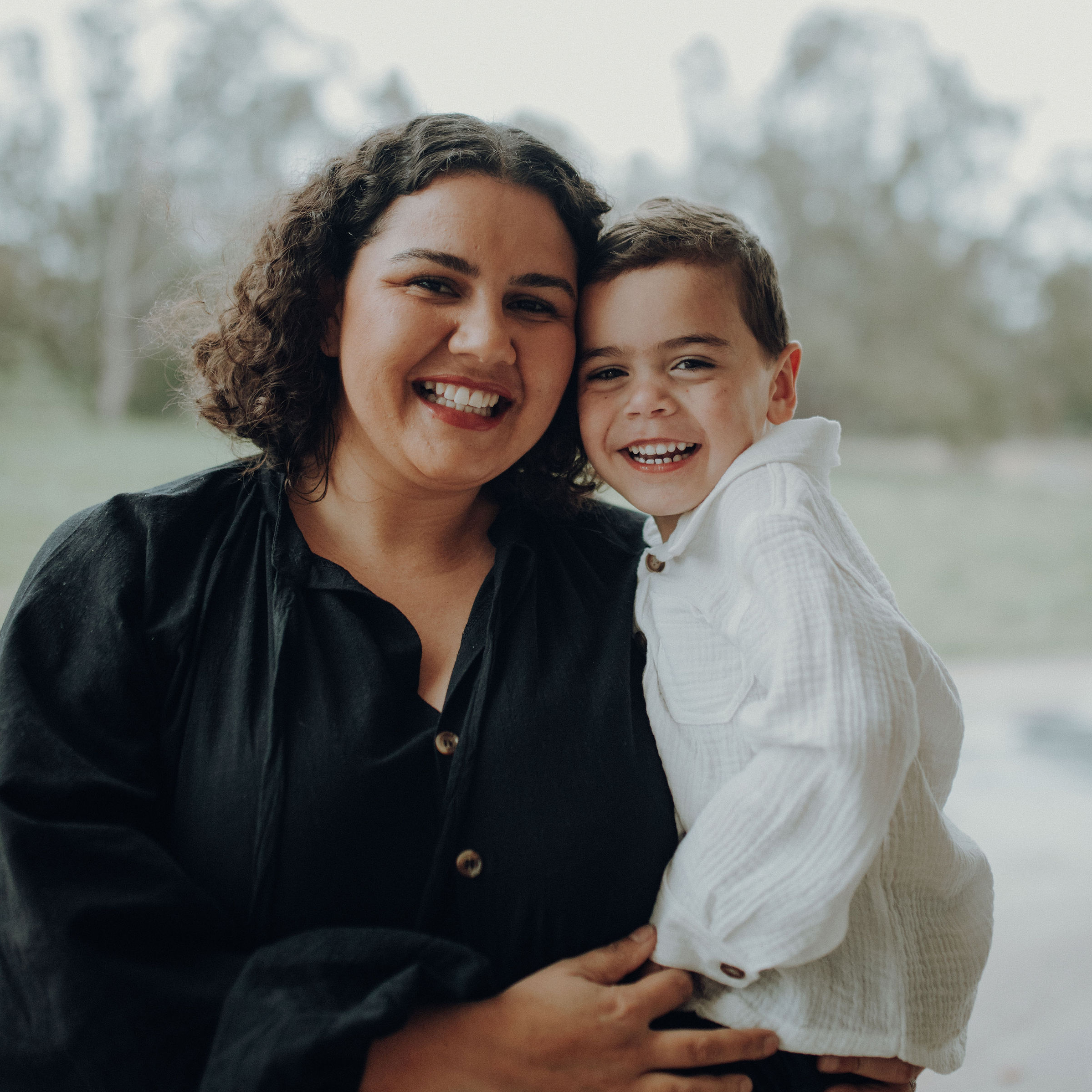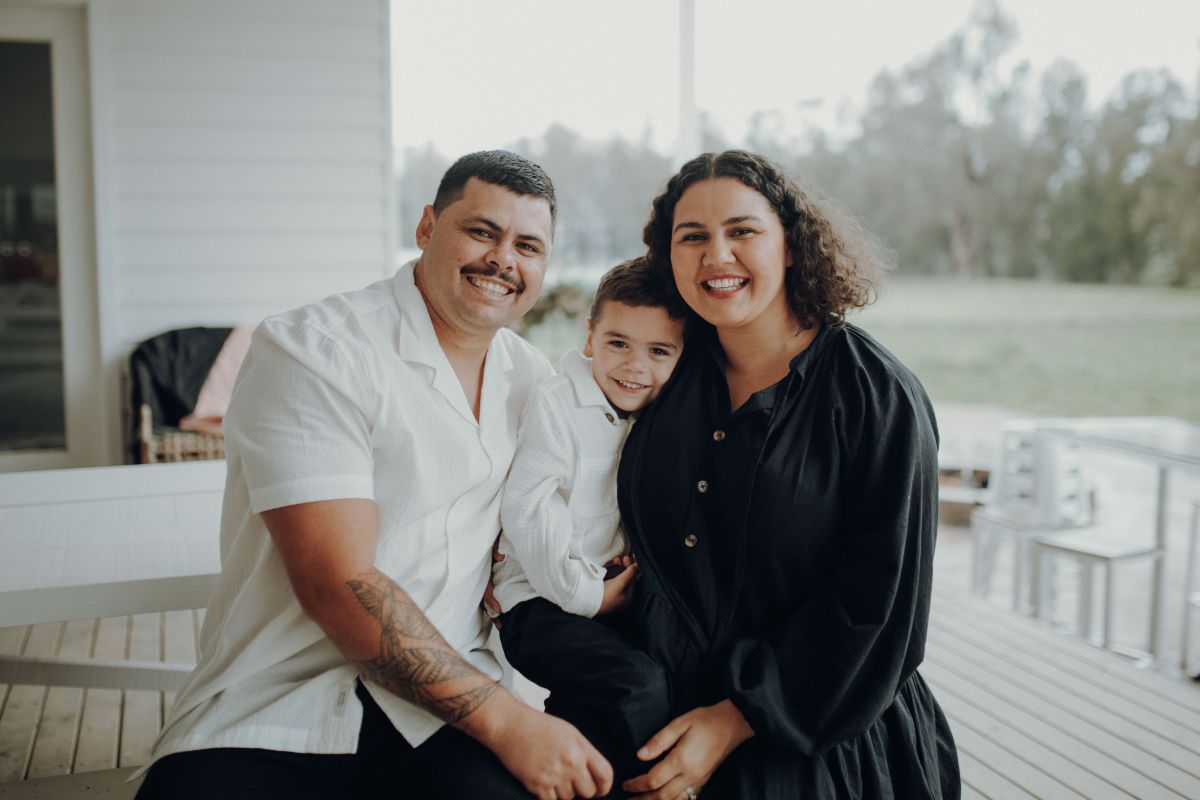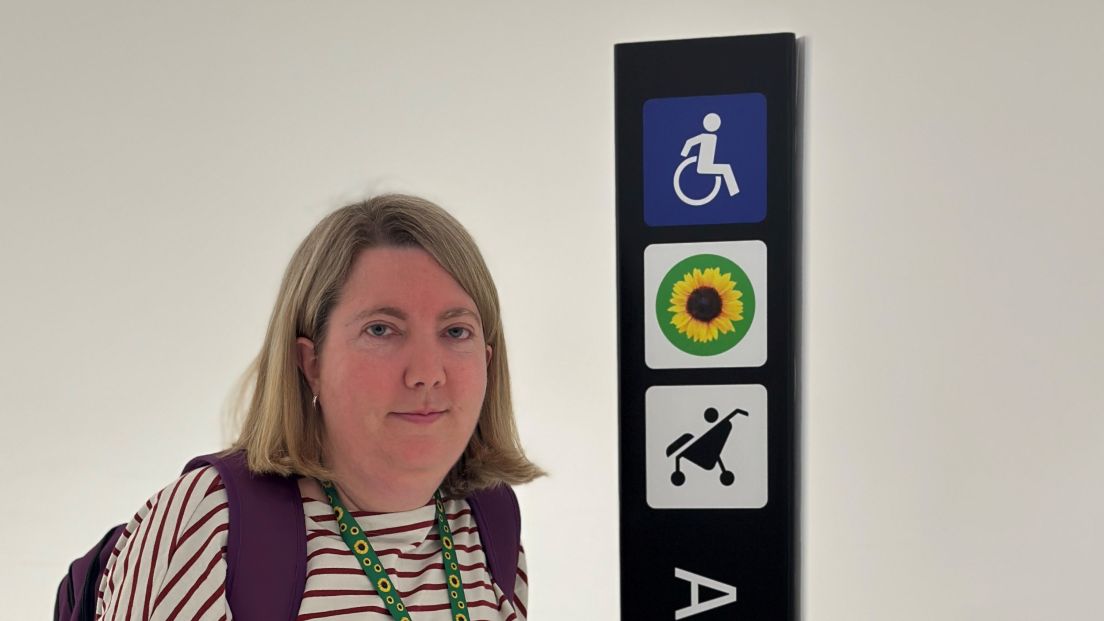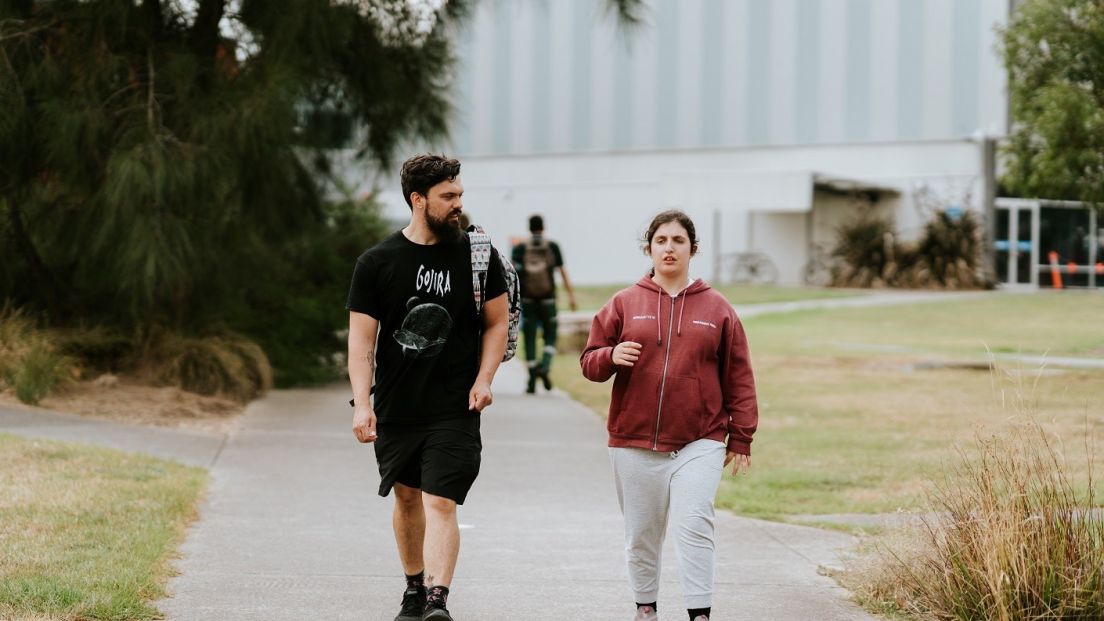Like most toddlers, Slade is an active boy who likes playing outdoors. He especially enjoys swimming and loves to dance, especially traditional Aboriginal dances.
Slade was diagnosed with autism spectrum disorder at age 2. His mother, a proud Worimi woman - Tanika Davis, immediately felt overwhelmed by the piles of information and resources handed to her, and identified a lack of culturally appropriate support, resources and connection for Aboriginal families.
“When my son was diagnosed, I worked in the health sector, and so I knew how to navigate the system, but it’s extremely complex, and even I felt confused. I was given a bunch of papers and told ‘off you go’,” says Tanika.
The experience was a catalyst for Tanika, as she realised there was no relevant information for First Nations communities - nothing written in a local language or that addresses autism in a culturally sensitive perspective.
“I want to be a voice and open the conversation to educate and help other First Nation communities understand how to access the services and help, especially in rural communities.

“I can explain how it works and what doesn’t work. For example, health literacy is hard to understand, and there is generally a wait list – what is a parent to do until then? What do all the medical labels of DSM mean? It’s a traumatic experience and the doctors don’t view it from the strengths-based approach.
“There are higher rates of diagnosed autism in our culture and we need support and guidance, we need more education around what autism is and how to understand it, and how to navigate the NDIS.
“My mission is for autism in First Nations communities not to be siloed. I want it to be seen as ‘Autism our way – no shame in sharing.’”
As a result, The I Am, Movement was born, a platform for families and communities to support youth in their journey at whatever stage of communication. Culturally appropriate learning resources were developed, as well as regular forums with Aboriginal families, education providers and health and therapy teams developed for those currently experiencing the same journey.
“There is a reluctance to talk about it in our community because it is seen as a neurological health issue. I want to be an advocate for my son. There is a need for me, my people, my community. I can help the drive the social change and have an impact.”
“Aboriginal communities have a complex family arrangement and there needs to be ways to understand and facilitate that. The benefit is there is a large, supportive extended family. The downside is you can feel like an outsider that doesn’t fit into the community.
“Even getting together as a family, you need to dedicate the time to educate the family on your child’s needs. It can make you feel distant and not want to spend time with family and have the same conversation over and over every time you arrange a family gathering. These are just some of the experiences and issues we discuss and provide support on.”
Tanika has also been assisting Aspect staff. In 2019, Aspect formalised its Reconciliation Action Plan Working Group, which includes Aboriginal employees. This group drafted the Aspect Innovate Reconciliation Action Plan (RAP) with consultation taking place between Aspect and a number of First Nations stakeholders. In 2020, the group reviewed and updated polices and recruitment strategies.
“Aspect wishes to implement a more strategic approach around advice and autism in First Nations communities, and ensure our people and culture are imbedded in its practice. Working with the group has been empowering. I’m very grateful for the opportunity to be involved in that change – it’s not very often a parent of a child on the autism spectrum or First Nations person is asked for their perspective.”
Reflecting on her family’s own journey to date, Tanika explains: “It’s been bloody challenging to support the family, Slade and then the start-up-business to help others and educate them. But, I’m doing this for Slade and my community.
“I want Slade to grow up knowing as parents we tried the best we could to give him support and the best start in life. It’s been difficult for us as first-time parents and hard and stressful at times, but we love him and he’s what we need in our lives.
“I want him to be happy and healthy and realise he is no different to anyone else and not a statistic. I want him to be a proud Aboriginal boy – a warrior.”


